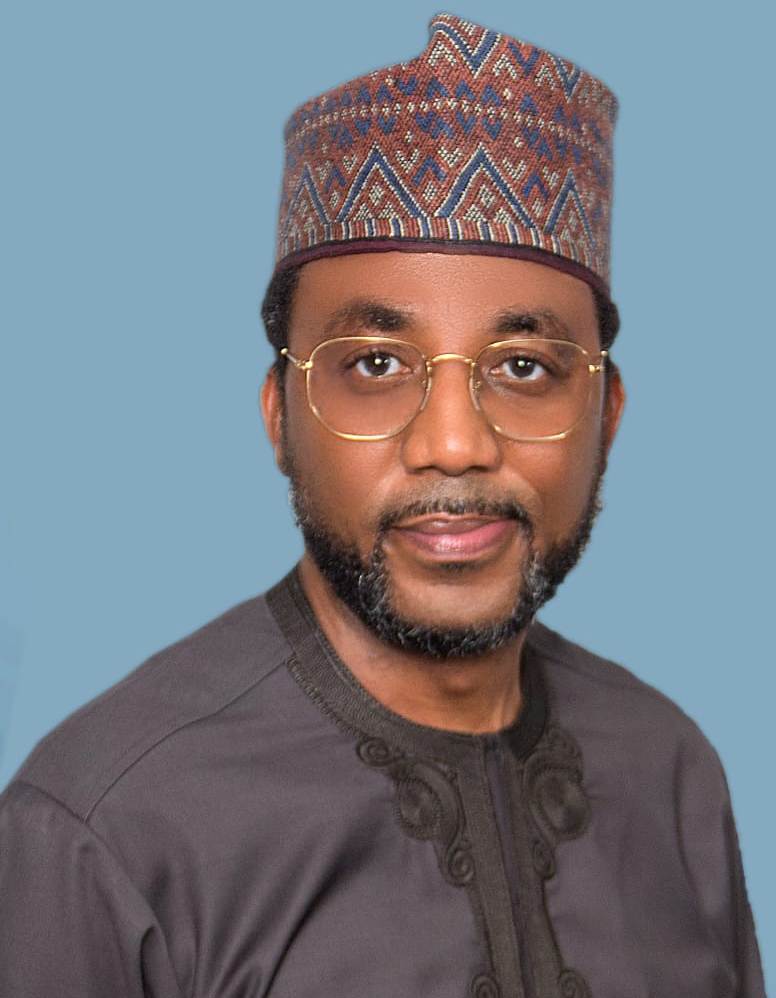
Mohammed Bello-Koko, managing director of the Nigerian Ports Authority (NPA), says despite the lack of funding, the authority has been able to increase efficiency in the country’s ports.
Speaking with reporters in Lagos on Wednesday, Bello-Koko said funding has been a major drawback because the NPA plans on rehabilitating some of the ports.
“We are looking for funding and necessary government approvals to ensure that we start rehabilitating all the ports, which include Tin Can Island, Apapa, and the broken down and collapsed Escravos Break Water,” Bello-Koko said.
“There are also jetties and berths at Port Harcourt Port, Onne, and Warri and Calabar. So, these are the plans we have put in place.
“For each of them, we have done quite well.”
Bello-Koko said with the new Lekki port, Nigeria would be able to generate revenue from cargoes meant for neighbouring countries.
He said business activities have started in the Lekki deep sea port.
“Everything is ready and it is going to be automated as we said and all the gaps we observed either in Tin Can Island Port or Apapa, whether in terms of scanners, equipment and others, you will find all of them taken care of in Lekki,” the NPA boss added.
“So, let us assume that we are losing 30 percent of cargoes meant for Nigeria to neighbouring countries and by the time we improve our services and efficiencies to get in the trans-shipment cargoes which we have never had in Nigeria, through Lekki deep sea port, that will be another source of revenue which is also huge; and, now, by the time you also have improved scanning and inspection system by the Nigerian customs, that will also bring in more revenues.
“We are automating our system currently and we already have the revenues mechanism, which we are using to generate revenues, to raise bills and so on and so forth, but we have been working with the International Maritime Organisation (IMO) to deploy what we call a port community system.”
Bello-Koko said under his watch, the agency set a higher revenue target for the year 2022 and achieved it.
“We increased our revenue from about N317 billion to over N360 billion in 2022. Besides, we transferred about N80 billion to the consolidated revenue fund (CRF) in 2020 and over N91 billion in 2022,” he said.
Follow us on Facebook/ twitter















